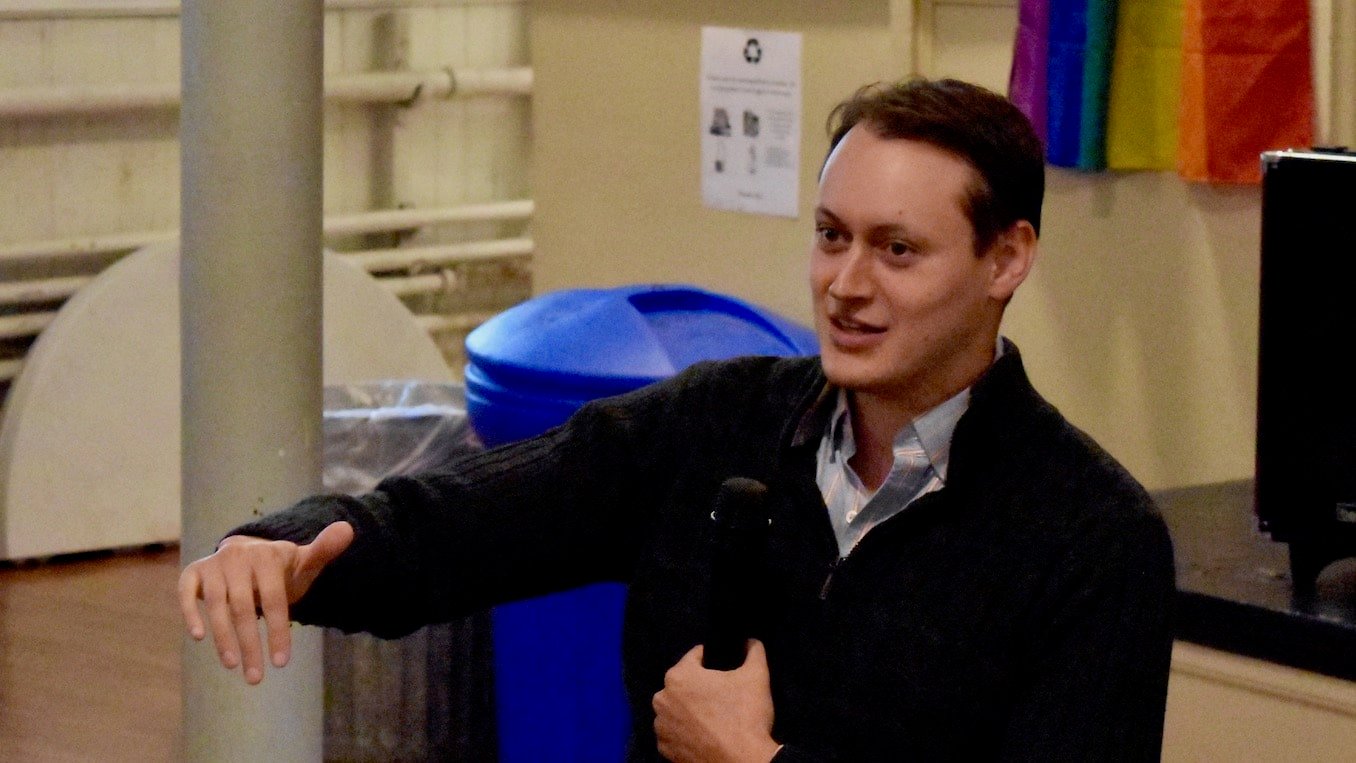Coronavirus crisis hits a nursing home system already crippled by brutal Medicaid cuts
“The General Assembly has not met in remote session to approve emergency actions like Medicaid surge funding, safe staffing requirements, and hazard pay protections for workers.“ As of yesterday’s numbers, a shocking 76 percent of our state’s coronavirus deaths have hit nursing home residents. It’s a truly stunning figure. Because of inconsistencies in testing and differences in risk factors, inter-state
April 16, 2020, 5:07 pm
By Sam Bell
“The General Assembly has not met in remote session to approve emergency actions like Medicaid surge funding, safe staffing requirements, and hazard pay protections for workers.“
As of yesterday’s numbers, a shocking 76 percent of our state’s coronavirus deaths have hit nursing home residents. It’s a truly stunning figure. Because of inconsistencies in testing and differences in risk factors, inter-state comparisons present considerable sources of error, but this number is so much higher than what we’re seeing in other states that I think we can safely draw two conclusions from it:
On the positive side, it highlights that our non-nursing home death rate is low, even with reasonable assumptions about biases and error. This is likely a sign that our fairly strong social distancing policies, pushed by Health Department Director Dr Nicole Alexander-Scott, are having their intended effect. That’s good news.
The bad news is that something horrific is happening in our nursing homes, something far worse than what is happening in other states. For years, many of us have been sounding the alarm about the crisis building in Rhode Island’s nursing homes. At the top level, the crisis began with severe Medicaid cuts directed at nursing homes, an initiative of Governor Gina Raimondo approved by the General Assembly with minimal opposition. The biggest whack came in 2015, but each year more and more cuts came. The consequences were dire. Rhode Island saw a wave of nursing home closures and severe financial pressures at the nursing homes that remained open. The UHIP debacle only compounded the crisis.
Making matters worse, most nursing homes in our state do not have the protection of a union, and workers have born the brunt of the pain. During the crisis, unions such as SEIU 1199 have done important work to highlight the awful conditions on the ground. Without minimum staffing standards in state law, management pushed staffing to unsafe levels. There are important legislative efforts this year to put in place a safe staffing law, which I was proud to cosponsor. However, as this crisis hit, we have currently not taken any action. The General Assembly has not met in remote session to approve emergency actions like Medicaid surge funding, safe staffing requirements, and hazard pay protections for workers.
The most important reason that I voted against the budget last year is that it contained yet another round of Medicaid cuts targeted at nursing homes. I thought we had already pushed the system to the breaking point, and further cuts would mean severe pain. Now that this pandemic has hit, that pain has been magnified. Coronavirus has slammed into a nursing home system already in crisis, a nursing home system already unable to handle normal medical demands.
The effects have been devastating. The death toll is only beginning to mount. The human suffering is hard to put into words.
We need to take emergency action to untangle the financial pressures facing these nursing homes. Fortunately, we can afford it. We have more than a billion dollars from the feds to spend on this, and most of the funds will be matched with additional free federal money because that’s how Medicaid works. We also need to approve safe staffing, hazard pay, and a range of other necessary protections for workers to make sure that these funds go where they are needed. Money won’t solve every problem, but it will help.
To nursing home workers risking your lives, thank you for your service. To nursing home residents and your loved ones, I cannot apologize enough on behalf of your government for failing you.
Certainly, Governor Gina Raimondo deserves her share of the blame. The nursing home Medicaid cuts were her initiative, and she needs to admit that the Medicaid cuts were a bad idea that needs to be repealed. However, it is not all on the Governor. The General Assembly approved these cuts, often with very few no votes.
I know that many of my colleagues agreed with me last year that the nursing home Medicaid cuts were bad, but they didn’t think they were bad enough to merit a no vote. There’s an argument many make that you have to vote for the budget no matter how bad it is so the leadership won’t retaliate against you. The problem is that giving into this bullying weakens all of our leverage. It makes it harder for us to stop horrible provisions in the budget. It empowers a conservative machine that pushes policies like the nursing home Medicaid cuts. And that’s why I believe that we need to vote no. We have to stop these awful policies. Human lives are on the line.






